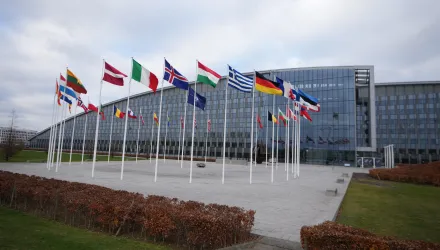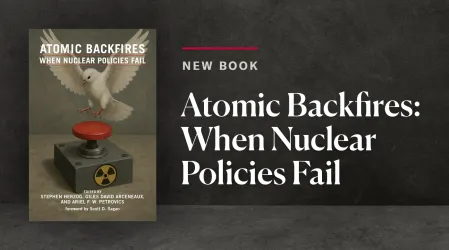Nuclear Studies Research Initiative Conference, Austin, Texas, 17–19 October, 2013
Abstract
The U.S. achieved nonproliferation success against Taiwan in the 1970s and 1980s by forcing this highly dependent ally to accept intrusive on-site inspections that stopped its nuclear work. Taiwan depended on the U.S. for its very survival. Indeed, the Nationalists fled from China in 1949 before the Communists' final assault could devastate their forces. Henceforth, they would be protected from Beijing's attacks by the U.S. 7th Fleet. Repeated military punishment threats against Taiwan's security (threat to abandon) and civilian nuclear program failed to change this ally's determination to acquire nuclear weapons. Success was achieved thanks to coercion by denial and dismantlement that uncovered and stopped Taipei's nuclear work. The U.S. offered minimal technological rewards to Taiwan. In sum, the success with Taiwan was a clear case of coercion by denial success, demonstrating how inducements are unnecessary when confronting a highly-dependent ally. Taiwan's lessons ought to be revisited as the U.S. prepares to confront Japan's and Saudi Arabia's possible nuclear ambitions.
Kogan, Eugene. “Proliferation Among Friends: Taiwan's Lessons from 1970s–80s.” October 2013





